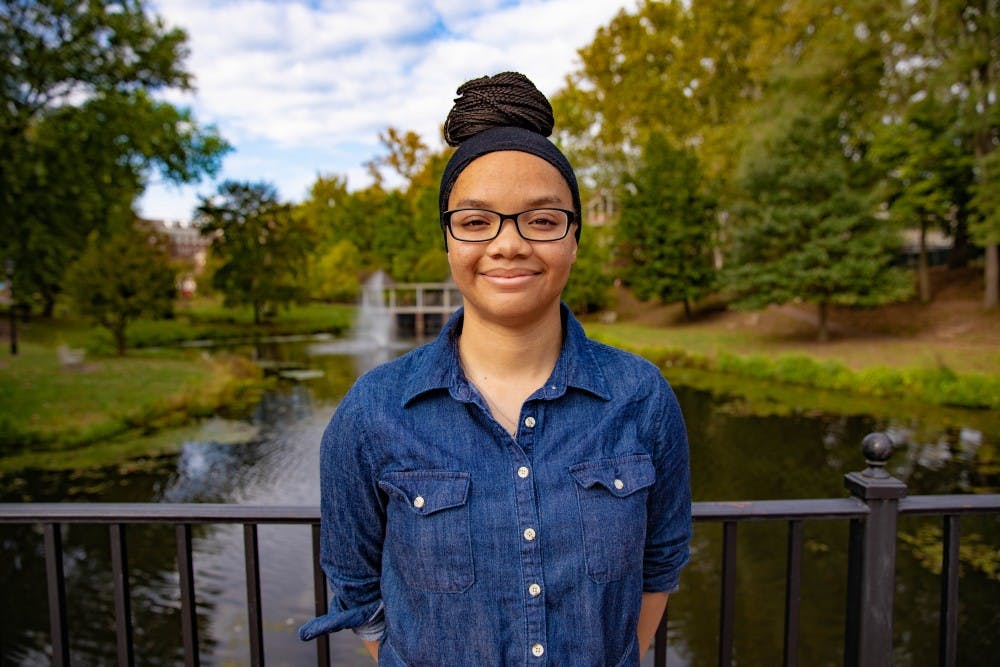The 1960s were a great time for the feminist movement in the U.S. It was the beginning of second-wave feminism, where the focus on white feminism branched out, and the idea of intersectionality started to form. The Chicana feminist movement broke out, along with black feminism. The ‘60s also brought the Equal Pay Act, the Civil Rights Act and FDA approval of the first birth control pill.
The transition into the ‘70s and ‘80s came with the Roe v. Wade Supreme Court decision, along with more women taking powerful political roles. Those women involved with the feminist movement would look at today’s feminist movement and be perplexed but also proud.
The 2010s brought the fourth-wave feminism, and the movement has become more inclusive than ever. Larger movements, such as #MeToo, reinforce the idea of intersectionality. The #MeToo movement is for all survivors of sexual harassment and assault, and allies, making a larger, more impactful community.
Fourth-wave feminism has become the staple for body positivity. There has been an increase in the modeling profession and the break-out of “plus-size” models. The movement challenges the way society presents “the perfect body” for men and women, encouraging people to love and appreciate their body type. This movement was in response to the increasing numbers of people with anorexia nervosa and bulimia.
Through all the positivity in the movement, there is a lot of push back. Within the decade, the concept of feminism has been skewed and thrown around so many times, it can be a turn-off for today’s youth. The true definition of a feminist has been lost and is seen as a radical, derogatory concept. Feminists from the second-wave movement would be disappointed in that, because there is strength in numbers.
Today’s feminist movement has its focus on sexual violence and body positivity. Historically, significant feminists like Betty Friedan and Gloria Steinem would be proud of the growth of fourth-wave feminism. Today’s feminist movement is gaining strength in numbers because of the development of technology and the spread of social media. That inclusivity creates solidarity in the movement.
The work of the previous feminist movements will not grow to be unappreciated. Today, let’s appreciate the gains feminists have made this past decade to keep growing and fostering change.
Iana Fields is a freshman studying english creative writing at Ohio University. Please note that the views and opinions of the columnists do not reflect those of The Post. Want to talk to Iana? Tweet her @FieldsIana.






